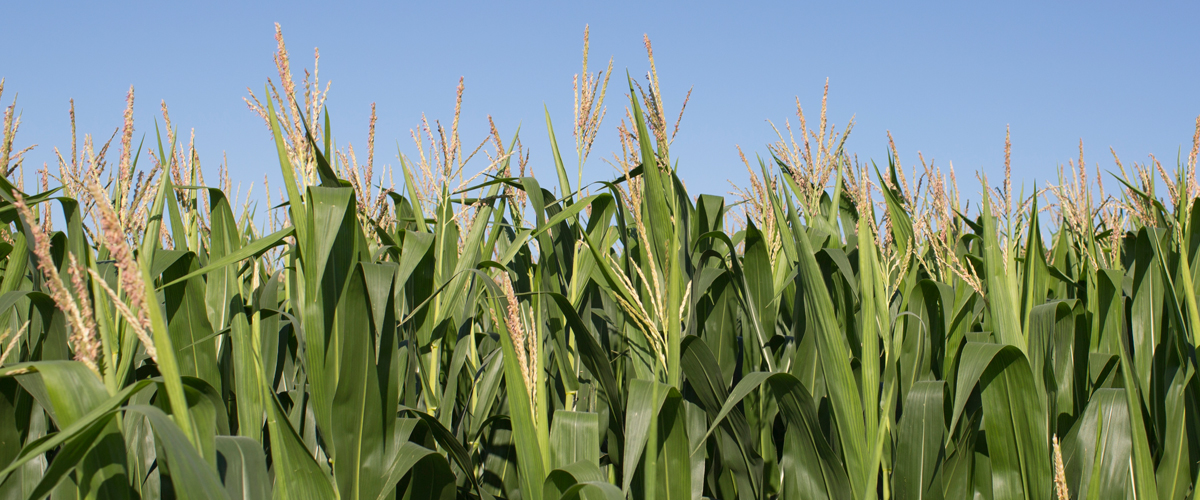
We’re all familiar with the produce section of the grocery store. As soon as we walk in, we are met with stacks of fresh fruits and vegetables—often regardless of growing season. While the journey from seed to plate may be unfamiliar to us, that doesn’t mean that it happens by accident. Behind the scenes, scores of people work tirelessly to make sure that our food makes it safely to our pantries, and to ensure that future generations will always have plenty to eat.
A huge component of that future success lies in the seeds themselves. They are the building blocks for our meals. Safeguarding the future of our seed supply is the first step toward maintaining a strong farming base for the generations to come.
Thankfully, students and professors at the College of Agricultural and Life Sciences (CALS) recognize this importance, and are doing their part to build a more sustainable future.
A Community Grows Organically
As graduate students in the Plant Breeding and Plant Genetics Program at CALS, Claire Luby, Adrienne Shelton, and Alex Lyon were all interested in how to better select and breed organic seeds. It is a segment of the seed industry that is often neglected, and one that they felt deserved to be more closely studied and to represent a larger part of the plant-breeding industry. So, with the help of their advisors, they teamed up with Vermont-based High Mowing Organic Seeds to create a symposium of individuals interested in learning more about this rapidly growing, yet underrepresented, segment of food production. Organic consumption is growing at an unprecedented rate, as is academic interest in organic genetics. And it is an industrial sector with UW graduates at the highest levels. For our present, and our future, passionate UW grads are laying the groundwork for an organic tomorrow.
Unlocking the Mysteries of the Potato
The humble potato may seem simple. But for plant breeders, the potato is particularly vexing. Because potatoes have an extra set of chromosomes, that hampers the attempts of biotechnology to speed up the pace of plant breeding, and engineer a vegetable that grows with our needs. But thanks to a new grant from the Wisconsin Potato and Vegetable Growers Association, UW-Madison will soon be on the forefront of potato research. The grant provides an allocation for a professorship and research for Professor Jeff Endelman, a department of horticulture plant breeder with expertise in statistical genetics. Professor Endelman’s research will pair historical crop data with DNA markers to make predictions about the success of different potato varieties before they are tested in the field. The hope is that new varieties of potatoes will emerge, and established varieties of potatoes will be improved upon. This grant is an exciting private-public partnership, and will help UW-Madison continue our leadership in the potato industry.
